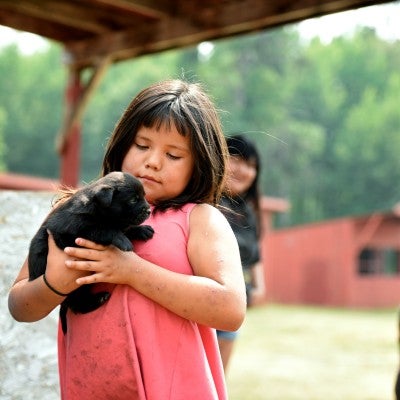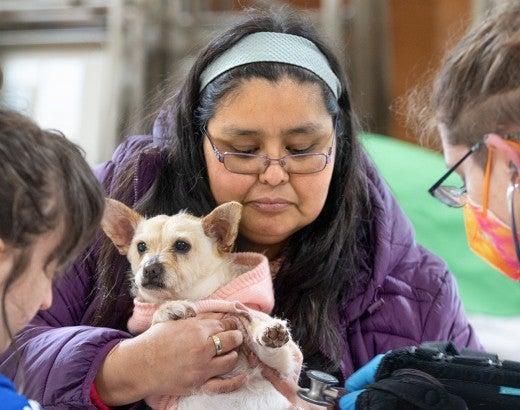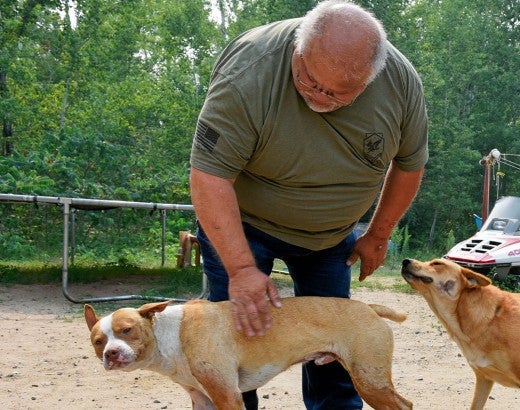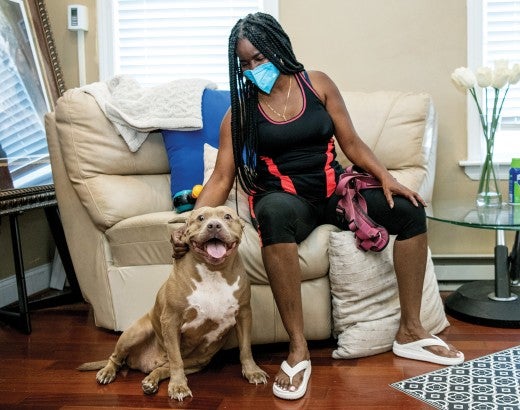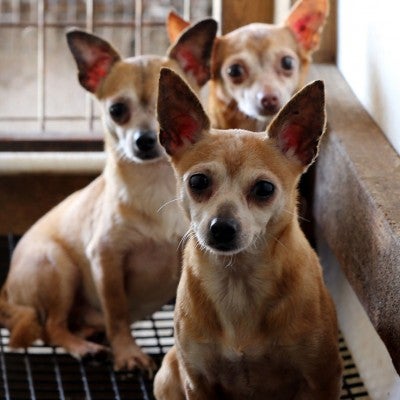People have tremendous love for their animal family members, yet millions struggle to access care for their pets. Poverty and systemic inequity create obstacles to pet wellness services—such as health and behavioral care—as well as pet supplies and pet inclusive housing. This is similar to the difficulties and barriers people face in obtaining fresh food, education, employment, medical care and housing for themselves. Tens of millions of pets are loved by families experiencing poverty. This is at least triple the number of dogs and cats entering shelters, many of whom are surrendered due to a lack of access to pet care resources.
Pets and their families belong together. Stand with us today to increase access to affordable veterinary care, pet food and pet-inclusive housing.

Approximately 20 million pets in the U.S. live with their families in households at or below the poverty line. Over 70% of these pets have never been seen by a veterinarian. It’s not for lack of desire. It’s for lack of access. Equitable access to care includes identifying and removing all the barriers someone may face in obtaining pet care and resources, with factors as complex and varied as geography, transportation, language, time, finances and trust. This isn’t a new problem, but it has become an overlooked national crisis that we are working on.
It's crucial that we address this issue and work toward ensuring that every pet receives the care and services they deserve, and every family has the peace of mind that comes with accessible veterinary care.
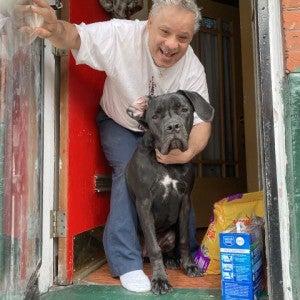
Live with families experiencing poverty.

Are unable to access care.
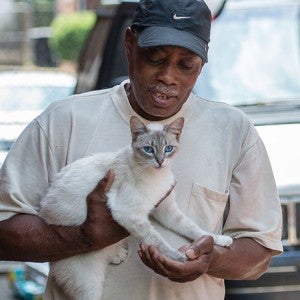
In underserved areas nationwide have never seen a veterinarian.

What can you do to help?
To create an equitable world for people and pets, we must do more than just offer services. It means rethinking community engagement and supporting the human-animal bond to keep families together. Here's how you can contribute:
- Advocate: Speak up for policies that support both pets and people in your community. Stand against breed-specific rules that restrict pet ownership and push for housing that welcomes pets. Let your lawmakers know you back affordable housing and equity-boosting measures including those for veterinary professionals. Remember, many community leaders love animals too, so connecting with them over this shared passion can be a great start.
- Educate yourself: It's okay to feel uneasy about these ideas or unsure about discussing them. You're not alone. Acknowledge your discomfort and learn more about these challenging issues. Be patient with yourself and others as you learn and grow.
- Support shelters: Ask your local shelters or rescues how you can help. Do they need funding, supplies or more foster families? When these organizations are well-supported, they can focus on vital work like advocating for pet-friendly policies, running pet food banks, engaging with communities and partnering to address the needs of pet owners. Your support can make a big difference.
- Volunteer: If you’re a veterinary professional or student who would like to join our outreach, please visit our RAVS resource page for information about how to volunteer or join HSVMA to engage in our training and advocacy efforts.
More resources:
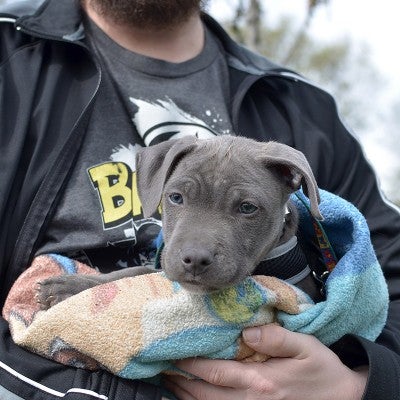
Many wonderful pet owners in the United States face immense financial and geographic barriers in accessing veterinary and pet care services. Your support honors the common love of, and connection to, animals that transcends socio-economic, racial, ethnic and geographic boundaries.
